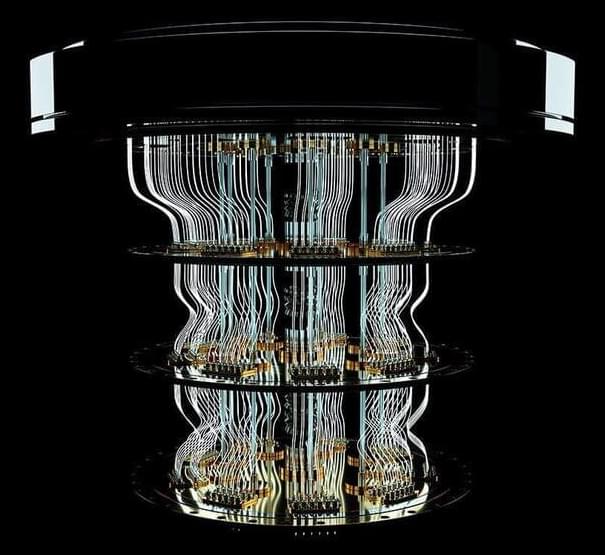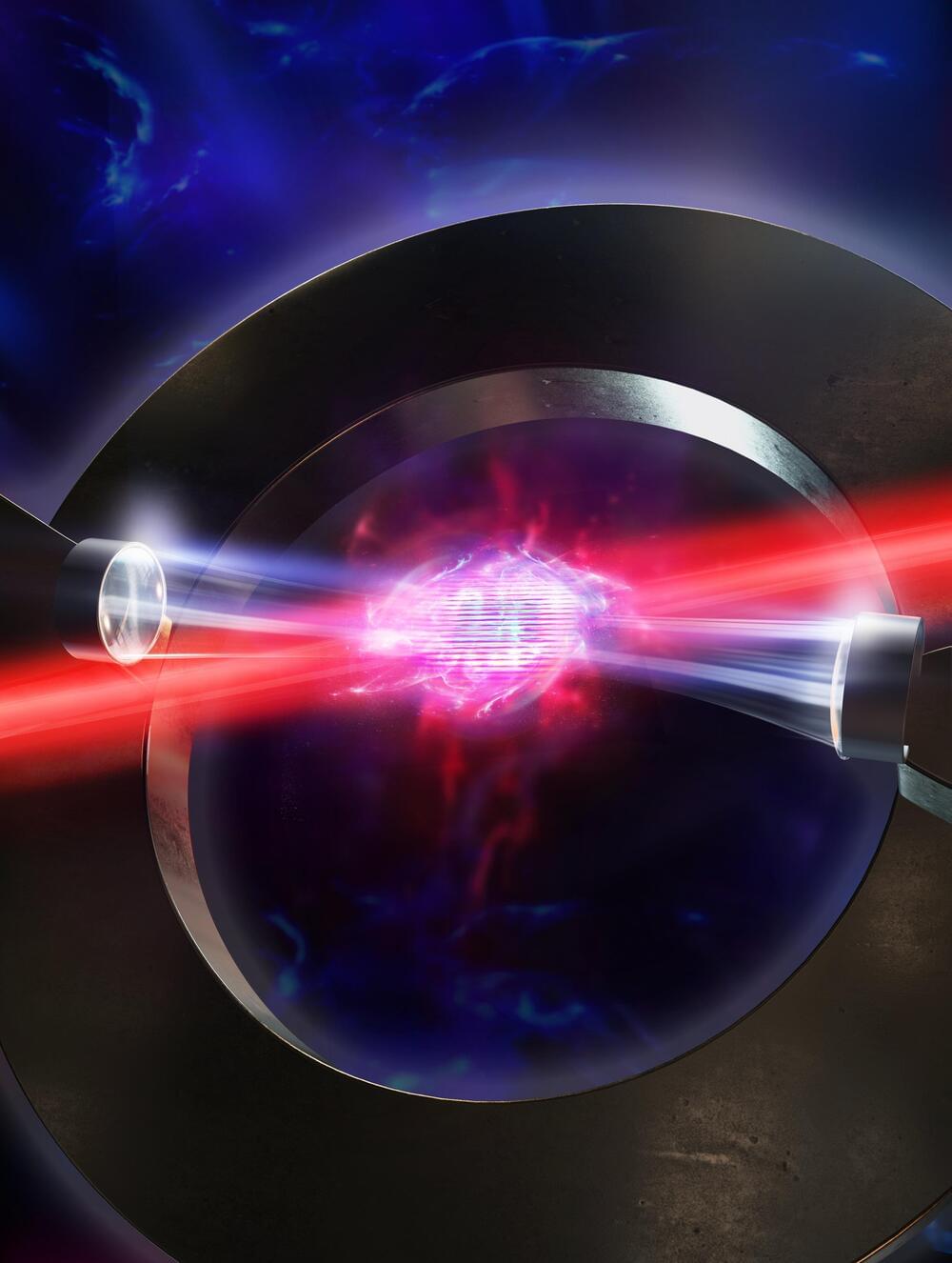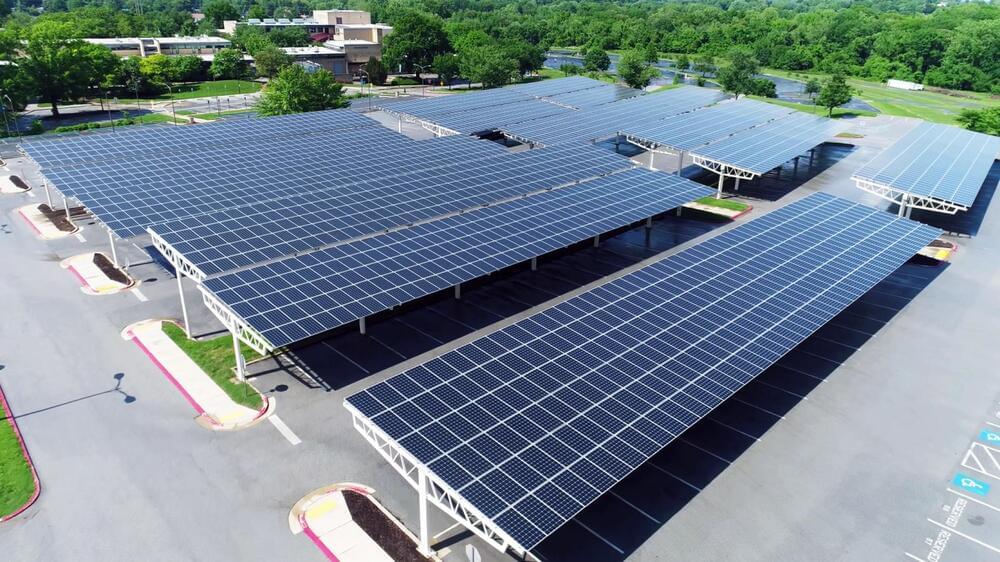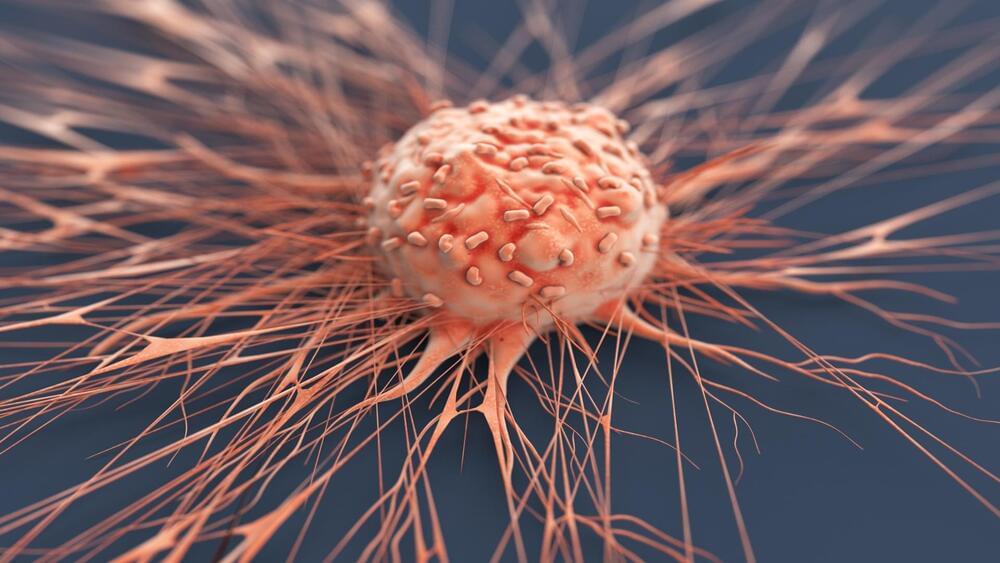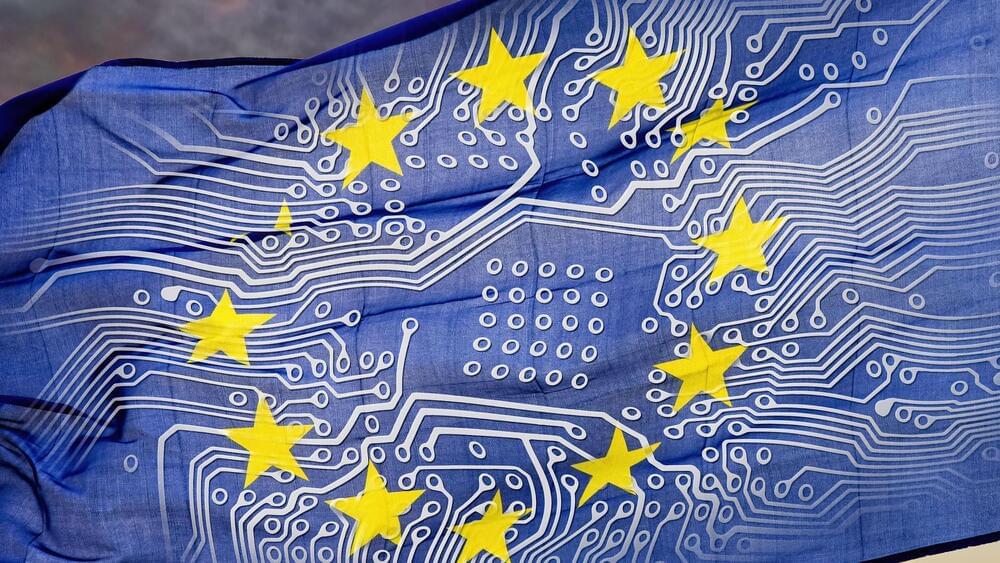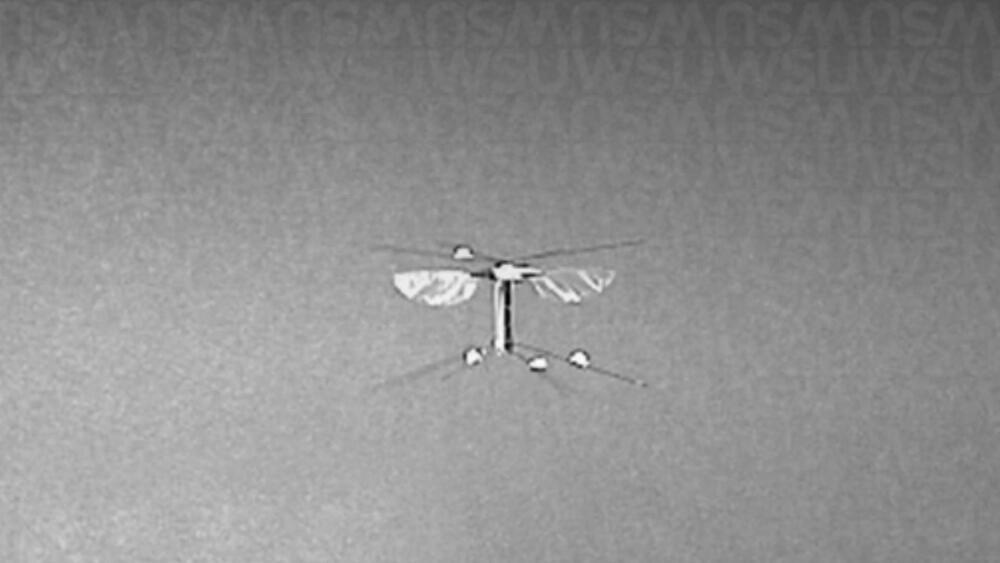A fluxonium qubit can keep its most useful quantum properties for about 1.48 milliseconds, drastically longer than similar qubits currently favoured by the quantum computing industry.
Scientists at EPFL have found a new way to create a crystalline structure called a “density wave” in an atomic gas. The findings can help us better understand the behavior of quantum matter, one of the most complex problems in physics. The research was published May 24 in Nature.
“Cold atomic gases were well known in the past for the ability to ‘program’ the interactions between atoms,” says Professor Jean-Philippe Brantut at EPFL. “Our experiment doubles this ability.” Working with the group of Professor Helmut Ritsch at the University of Innsbruck, they have made a breakthrough that can impact not only quantum research but quantum-based technologies in the future.
Scientists have long been interested in understanding how materials self-organize into complex structures, such as crystals. In the often-arcane world of quantum physics, this sort of self-organization of particles is seen in “density waves,” where particles arrange themselves into a regular, repeating pattern or order; like a group of people with different colored shirts on standing in a line but in a pattern where no two people with the same color shirt stand next to each other.
Discover how car parks are evolving into solar powerhouses, generating clean energy, reducing costs, and shaping a sustainable future.
Imagine this: a car park with sleek solar panels mounted on jet-black steel supports, harnessing the sun’s energy while providing shade for parked vehicles.
This groundbreaking concept is becoming a reality in car parks across the UK, offering much more than just parking spaces.
Autophagy is the process by which cells break down waste and gunk inside them.
There’s a cleaning process happening in our bodies daily. Derived from Greek, the process is called autophagy, which means self-eating.
It plays a vital role in immunity and host defense. In the human body, self-eating is the process by which our cells break down, remove abnormal proteins and old waste macromolecules and organelles in its cytoplasm, and kill invading microorganisms.
The two Macau Science 1 satellites lifted off atop a Long March 2C rocket on Sunday.
China launched two satellites designed to investigate and monitor Earth’s magnetic field changes at 4 pm local time on Sunday, May 21, at the Jiuquan launch site in the Gobi Desert.
The mission called Macau Science 1 lifted a pair of satellites weighing 500kg (1,100lbs) each atop a Long March 2C rocket. It is the first Chinese space mission operated as part of a partnership with scientists in Macau, according to a report by the South China Morning Post.
Founded in 2020, Moonfire Ventures has raised a $115 million second round of investment to invest in European technology and AI startups.
As reported by Reuters, a large investment fund called Moonfire Ventures has just raised $115 million to help invest in European technology and artificial intelligence (AI) startups. Founded by Atomico (a venture capital firm) co-founder Mattias Ljungman in 2020, this news will undoubtedly be welcomed by the tech industry across the continent.
“Europe has been a leader in AI, and we find our best fit is to support the next generation of founders solving some of our greatest challenges within health, work, finance, and gaming,” said Ljungman.
The bee is capable of flight in all directions and can also perform the challenging yaw motion.
Researchers at the Washington State University (WSU) in the U.S. have successfully developed a robotic bee that can fly just like a real bee marking a significant development in robotics.
Called Bee++, the robotic counterpart has four wings, each fitted with independent lightweight actuators that can control the wing independently. This design enables the robotic bee to emulate the six degrees of freedom movement in natural flying insects.
Researchers from the UK and China developed a greener battery than the lithium-ion alternative.
Many economists say the problem reflects a jobs mismatch that could defy government solutions for years.
The Microsoft founder has called time on Amazon’s business as we know it—saying A.I. will make the e-commerce giant obsolete.
Billionaire philanthropist Gates added the developer destined to win the artificial intelligence race will be the one which manages to create a personal agent that can perform certain tasks to save users time.
“Whoever wins the personal agent, that’s the big thing, because you will never go to a search site again, you will never go to a productivity site, you’ll never go to Amazon again,” he explained.
